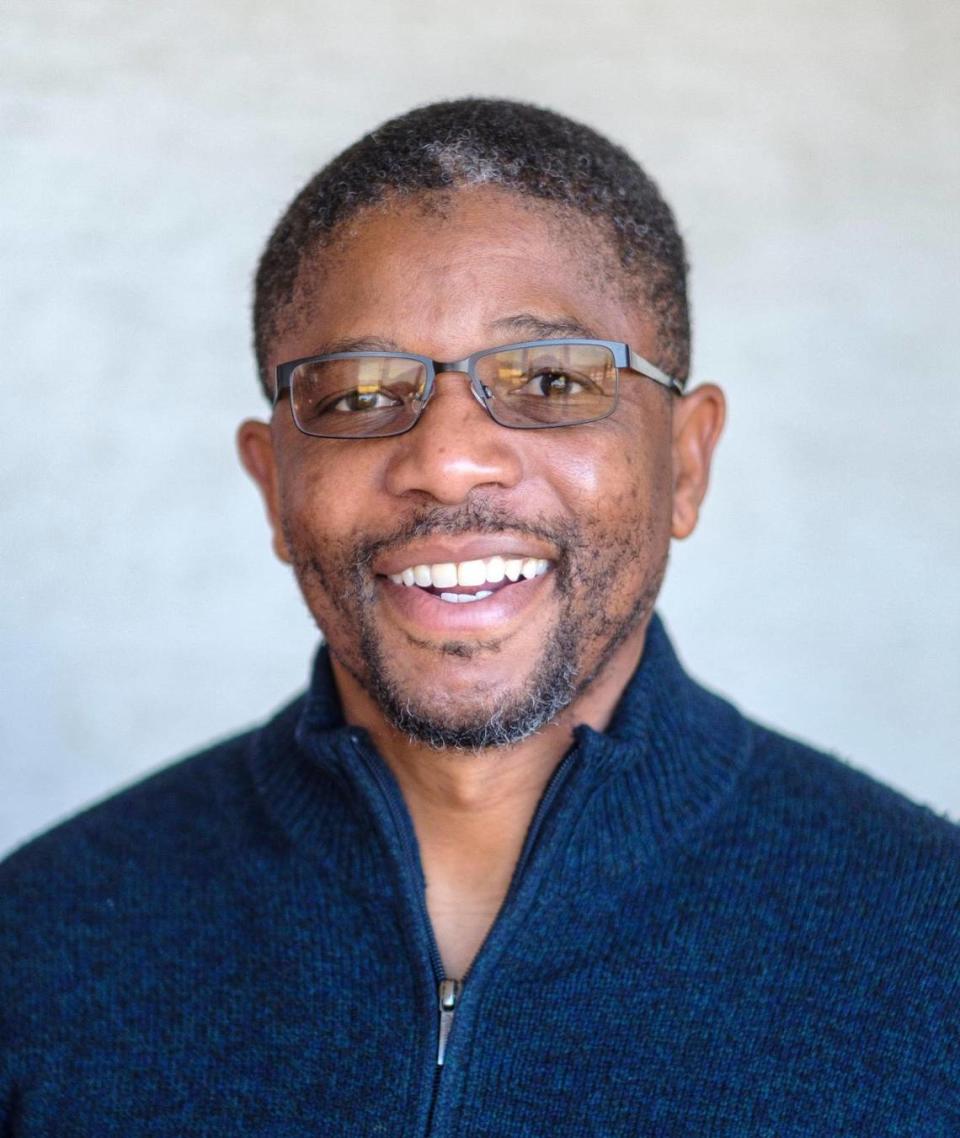It may soon become unbearable to teach at the University of North Carolina at Chapel Hill. I fear that day has already arrived, though desperately hope I am wrong.
The latest disturbing news is that the university secretly records professors while they teach. A university media relations official confirmed it to Inside Higher Ed.

Using a camera, UNC secretly recorded classroom sessions of Larry Chavis, a long-time professor who taught economics at the Kenan-Flagler Business School. His teaching contract was not renewed after the recordings and a performance review, prompted by “reports concerning class content and conduct … over the past few months.”
“Notice is not required to record classes, and we do record classes without notice in response to concerns raised by students,” associate dean Christian Lundblad wrote to Chavis.
Apparently, some students complained either about his approach or content. In response to those complaints, UNC-CH officials decided it was a good idea to secretly record Chavis, rather than get in touch with him. Before they explained what was supposedly so disturbing about his teaching, they decided not to renew his contract.
Chavis has been an advocate for Indigenous and LGBTQ+ rights. Though UNC-CH didn’t confirm that is the reason they fired him, it’s hard to imagine that it had nothing to do with the decision. Top UNC System officials have been on a tear the past few years trying to stifle speech with which they disagree.
The university missed out on Nikole Hannah-Jones, one of the most decorated journalists of our era, after UNC officials and a major donor raised questions about the 1619 Project, which she produced as an employee of the New York Times. Hannah-Jones eventually took a job with Howard University in Washington, D.C., where she has raised millions of dollars for a journalism program that has been making waves nationally — things she could have been doing for UNC-CH.
Just recently, the UNC System began curtailing diversity, equity and inclusion efforts, even though top officials seem to know little about DEI.
It’s hard to ascertain if Chavis’ contract should have been renewed, given that UNC-CH hasn’t provided a public explanation. No matter what they found, the way they found it is the real problem. They targeted Chavis. Don’t be surprised if most professors trust UNC just a little less now.
The secret recordings are a particularly cheap, underhanded way to handle student complaints. Student complaints are common even in the best-run classrooms. They must have avenues to express them. But doing it this way will no doubt have a chilling effect on how professors at UNC-CH conduct themselves. It’s the surest way to create paranoia, to convince professors they aren’t trusted and won’t be backed by the university when times get tough.
And times are getting tougher as more professors are being labeled “woke” and singled out for alleged “indoctrination” by well-coordinated efforts across the country. No one can be their best under such circumstances.
Some will be tempted to take up the old canard — that if you aren’t doing anything wrong, you shouldn’t care about being secretly recorded. That’s a simpleton’s way of thinking. Knowing you may be secretly recorded, or that a student’s complaint can lead to your firing even before you are made aware of what you’ve supposedly done wrong, will affect your behavior. It will no doubt affect your teaching. If it affects your teaching, it will negatively affect the university overall, meaning students will not get UNC’s best.
It’s yet another shameful chapter at UNC-CH.
It’s maddening. And sad. A heartbreaking development.
I grew up a Tar Heels fan, was a kid in awe when Michael Jordan hit that shot against Georgetown, and even more impressed when I learned how Dean Smith had used his enormous platform to advance civil rights in North Carolina. That’s why I empathize with Chavis, who called it his dream job.
No matter your ideology, no matter your politics, what happened to Chavis should concern you. And it should concern us all that the well-earned reputation of the state’s flagship university is being dismantled brick by brick.
Issac Bailey is a McClatchy Opinion writer in North and South Carolina.
Source Agencies


